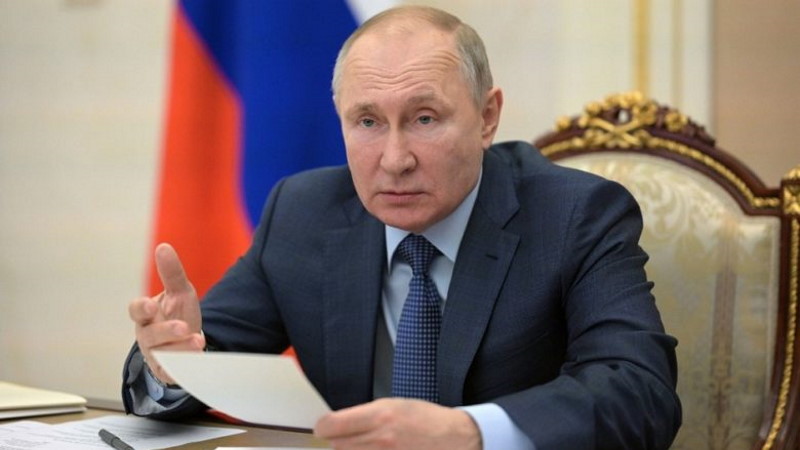Putin casts doubt over the longevity of the Black Sea Grain Initiative

The future for Ukraine grain shipments out of the Black Sea has been cast into doubt with Russian president Vladimir Putin yesterday questioning the terms of the shipping deal his country struck with its foe in July.
Signed in Istanbul in late July, the Black Sea Grain Initiative is meant to run for an initial 120 days, allowing Ukraine to move cargoes from three Black Sea ports for the first time since Russia invaded the country on February 24.
However, yesterday Putin said he might seek changes to the agreement, suggesting that very little of the exports were making their way to poorer countries, something that has been strongly denied by the United Nations.
In his opening speech at the Eastern Economic Forum in Vladivostok, Putin said he would discuss modifying the agreement to limit grain and other food exports to European countries.
“Only 3% of the grain that is exported from Ukraine goes to developing countries, most of it goes to Europe… in recent decades European countries have acted as colonial powers, and they continue to act like that today,” Putin said, statistics that were quickly questioned by UN officials in Istanbul charged with overseeing the exports from Ukraine.
The ships operating in Ukraine are on average six years older and 32.9% smaller than a year ago
“Once again, developing countries have been misled,” Putin said, adding that “it may be worth considering how to limit grain and other food exports through this route.”
As of yesterday, 100 vessels had left Ukrainian ports carrying a total of 2.33m tons of grains and other foodstuffs, according to UN data issued in the wake of Putin’s speech showing that 30% – not 3% – of the cargo has gone to low and lower-middle income countries.
“The Russians’ fake news about sending Ukrainian grain only to Europe simply does not correspond to reality,” commented Ukraine’s foreign minister Dmytro Kuleba, who noted that the price of wheat had dropped around the world in the opening month since Ukraine has been allowed to ship via Chornomorsk, Odesa and Yuzhne.
The July agreement brokered with the help of Turkey is valid for 120 days and may be automatically renewed without further negotiations. However, it requires both Moscow and Kyiv to sign off on an extension.
“In spite of limited exports so far, the grain agreement has helped cool down global food prices. These are now back to February levels according to FAO’s food price index. If Russia attempts to alter or stop the deal, this progress could be reversed,” commented BIMCO’s chief shipping analyst, Niels Rasmussen.
After a slow start, around 0.5m tonnes of grains are now being exported every week. At this pace, monthly exports will surpass 2m tonnes.
In August, Ukraine showed interest in expanding the deal to include cargoes such as metals. In addition, the country expressed hope of opening the port of Mykolaiv under the deal, another key port for grain exports.
“Insecurity remains a factor among those shipping Ukrainian grain. The ships operating in Ukraine are on average six years older and 32.9% smaller than a year ago, reflecting risk aversion and higher insurance premiums on hull value. Russia’s dissatisfaction with the deal is likely to further hinder Ukrainian exports as decision makers remain hesitant to risk their assets,” said BIMCO’s Rasmussen.
Source https://splash247.com/putin-casts-doubt-over-the-longevity-of-the-black-sea-grain-initiative/

